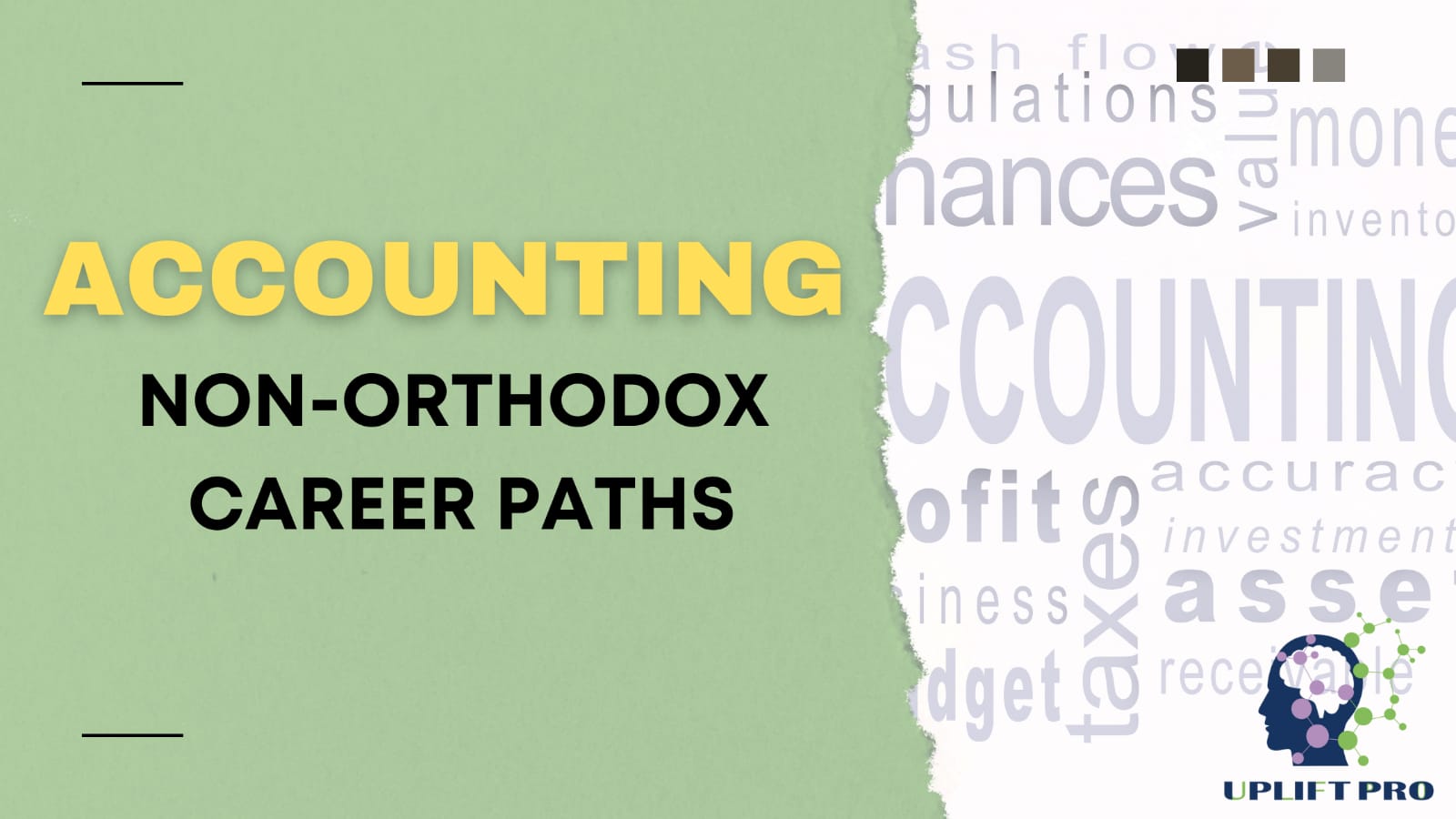Blockchain, Cryptocurrency and Accounting – A New Perspective
The accounting and finance domain is currently experiencing a fast-track mode where crucial role is played by the ongoing technological advancements. This is acting as a pivot to professional accountants for management and processing of high throughput financial data. Blockchain technology originally developed for cryptocurrencies such as bitcoins, emerged as a trending system and gaining […]




